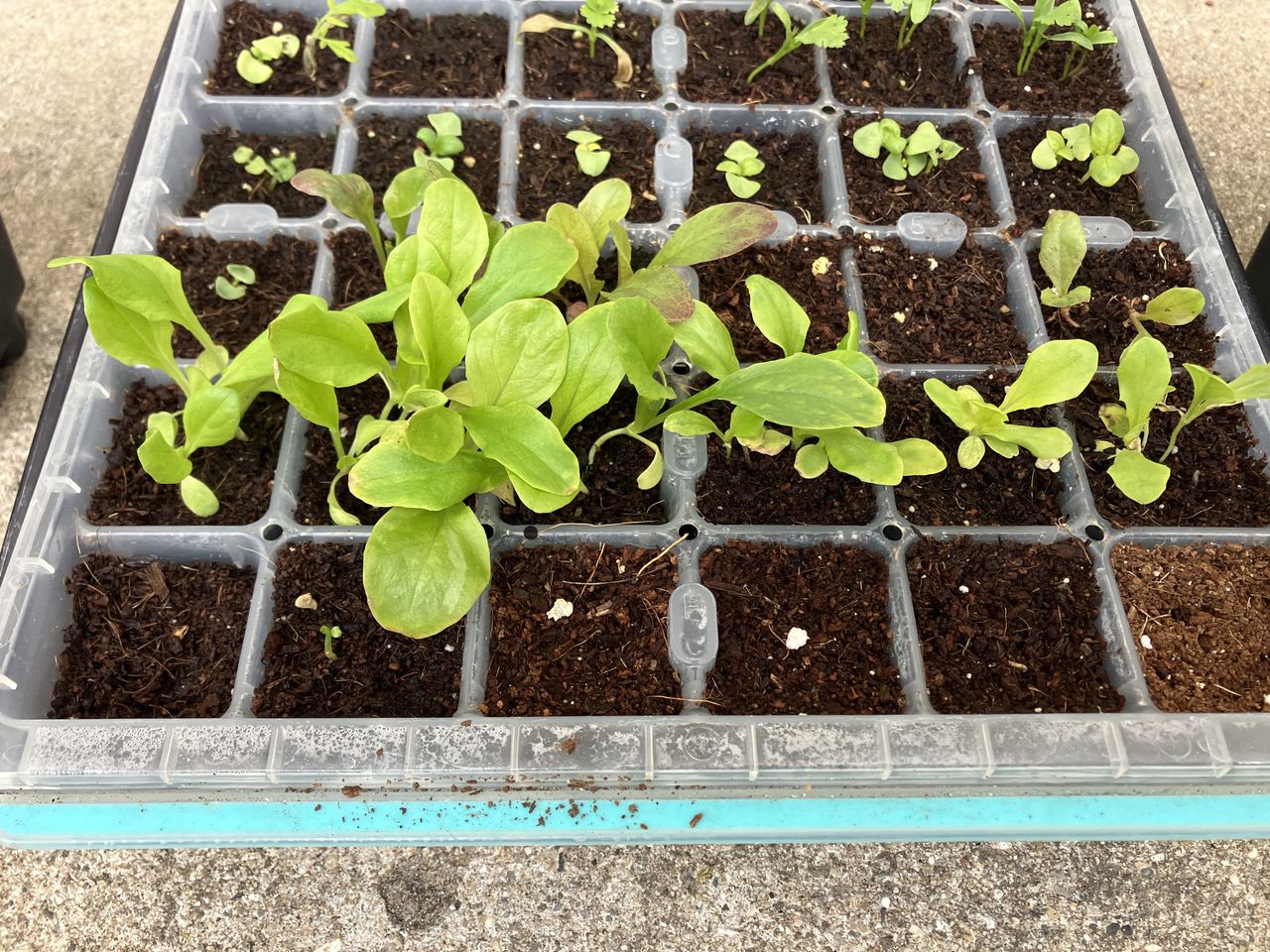Smith: Dirty your hands to survive the digital world
This is an opinion column.
Our lives are inextricably woven with metal and plastic. The lines between where we end and our technological supports begin are uncomfortably blurred. We hoped such wondrous innovations would bring us together. Instead, the links, clicks, and views have hollowed our souls and twisted our minds. In the search for more connections, we’ve neglected some of our most powerful ones.
My family’s hands are always dirty in the spring. It is a time to plant and grow. The blueberries need amendments to maintain acidic soil. The shockingly cold winter wrecked the viburnum which needs to be cut back to the ground. We started the heirloom tomato seedlings later this year to ensure stronger, even if slightly smaller, vines make their way into the garden.
Other Columns by Cameron Smith:
This year, my wife introduced the Native American planting strategy of the “Three Sisters.” Corn, squash, and pole beans planted strategically support each other and centuries of families who planted them. Finding pole beans in home improvement stores is increasingly rare, because we created the more common bush beans to ensure easier, more scalable harvests. Specifically, breeding new varieties was easier for mass farming.
We’ve been reducing our connection with the soil from one generation to the next.
The number of people and families tasked with feeding the rest of us continues to dwindle. The height of the American farm peaked with 6.8 million farms in 1935. The growth of industry in the decades after the Great Depression resulted in a sharp pivot away from farming. For most of my lifetime, farming has been in a slow decline. As of 2022, only two million farms remain.
Too often, those who pine for the return of the family farm have never spent much time on one. A working farm quickly provides a context for our fragile place in the universe. A moment stuck in a cattle chute with an anxious bovine is an invaluable lesson in physics and the relativity of time. Second hand hay inhalation in a barn helped me appreciate air quality in a whole new way. Farm subsidies hit differently when economic success or failure hinges on an unpredictable harvest after a hot, dry summer.
It’s no wonder so many of us have chosen different professional paths. Nevertheless, some connection to the soil is critical to our survival as a species. Developing that relationship further helps us thrive.
My livelihood does not directly depend on the weather, insects, or other animals. My family still needs to understand natural relationships. The lessons taught from the soil might feel a bit unorthodox by today’s standards, but they’re incredibly powerful.
Our quiet suburban backyard is a haven for all kinds of wildlife. As new growth emerges, the berries, figs, and vegetables are irresistible to deer, birds, and rabbits in the nearby fields and woods. Over the last few years a Cooper’s hawk has taken notice of said birds.
My boys call the airspace above our yard “the kill zone.”
Watching a dove explode into a poof of feathers at the talons of a raptor is incredible. Finding the leftover bits and pieces across the lawn provides an excellent opportunity to discuss the cycle of life, God’s provision, and even our own existential brevity.
In the garden, I give my boys a quarter for each hornworm they pull off the tomatoes. The ones they miss become much easier to spot after the braconid wasp eggs hatch inside their bodies, chew their way out of the caterpillar, and then spin white silk cocoons attached to the dying hornworm’s exoskeleton.
By that time, we leave them alone so that the next generation of natural pest control will thrive.
At the end of the growing season, death and decay sets in. Annual plants fade. The leaves fall. Vines sag. The beauty of spring’s flowers passes. It is natural. Organic. Real. My family gathers what’s left, puts it in the compost bin, and gives the soil a much needed rest.
A few weeks ago, we prepared our gardens for this year. We mulched our beds as a family, and we spread the compost flowing from the bottom of the bin on the top of a fallow vegetable bed that needed a little more soil.
When we went to plant this past week, myriad tomatoes, collards, and squash had already emerged from leftover seeds in the compost. Life wasn’t particularly interested in my plans, my wife’s garden layout, or even the Three Sisters we intended to plant. We had to clear the garden, but I couldn’t immediately send all the green shoots back to the soil.
I transplanted a few tomatoes into containers that I’ll plant out at my parent’s farm. I have no idea what they’ll become or what fruits they’ll bear, but I’d like them to have a chance. It’s a dirty, inconvenient, source of great joy.
My sons are beginning to understand that our seasonal discussions are about more than plants and animals. Our organic engagements far exceed any digital experiences. My sons tell their friends about it as if they’ve discovered buried treasure. Maybe they have. Hopefully, they’ll convince a few others of the connection between dirty hands and healthy souls.
Smith is a recovering political attorney with four boys, two dogs, a bearded dragon, and an extremely patient wife. He’s a partner in Triptych Media, a business strategy wonk, and a regular on talk radio. Please direct outrage or agreement to [email protected] or @DCameronSmith on Twitter.
